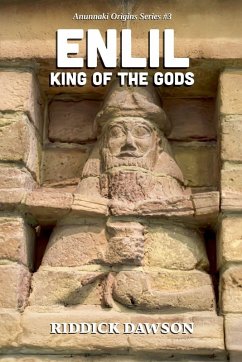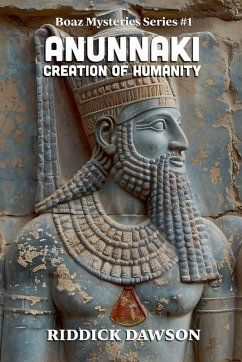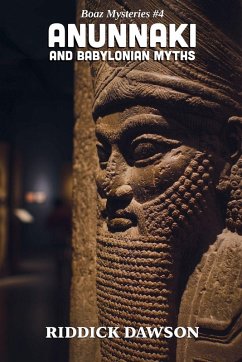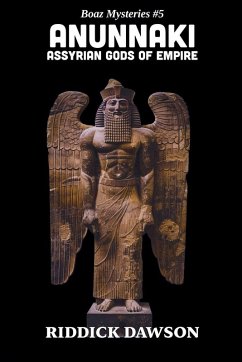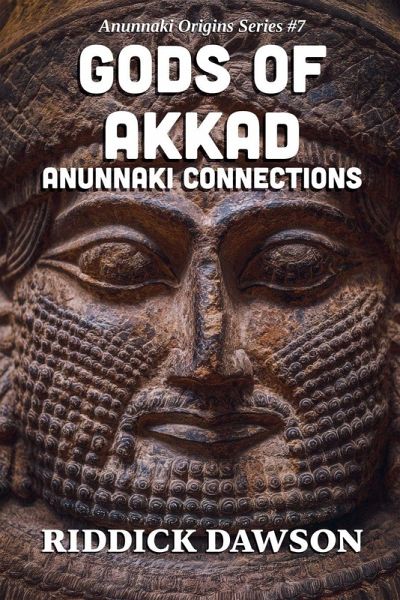
Gods of Akkad, Anunnaki Connections
Versandkostenfrei!
Versandfertig in 1-2 Wochen
22,99 €
inkl. MwSt.
Weitere Ausgaben:

PAYBACK Punkte
11 °P sammeln!
Long before recorded history, when the boundary between heaven and earth was still thin, a divine council shaped the destinies of gods and men alike. The Sumerians called them the Anunnaki-celestial powers who descended from the stars to build the first cities, establish order, and awaken the spark of consciousness within humanity. In the shadows of towering ziggurats and along the banks of the life-giving rivers, people believed they were not inventing civilization but restoring a sacred architecture first drafted in the heavens. This book traces the transformation from Sumer's ritual-bound c...
Long before recorded history, when the boundary between heaven and earth was still thin, a divine council shaped the destinies of gods and men alike. The Sumerians called them the Anunnaki-celestial powers who descended from the stars to build the first cities, establish order, and awaken the spark of consciousness within humanity. In the shadows of towering ziggurats and along the banks of the life-giving rivers, people believed they were not inventing civilization but restoring a sacred architecture first drafted in the heavens. This book traces the transformation from Sumer's ritual-bound city-states to the rise of Akkad, the world's first empire. It reveals how kingship was understood not as human authority, but as a living mandate from the gods, descending like lightning from the sky. It follows the birth of writing as a divine act-capturing memory in clay so the cosmic order would never fade-and explores how temples were raised as bridges between realms, where every brick mirrored the geometry of the stars. Within these pages, ancient myths speak again: of Enki's gift of wisdom, of Inanna's fierce and formidable sovereignty, of the descent of power and the peril of pride. The empire of Sargon emerges not only as a political revolution, but as a reimagining of humanity's place in the universe. Through conquest, devotion, and ambition, the early Mesopotamians sought to align the world below with the design of the gods above. Richly woven with archaeological insight and mythological depth, this is the story of how civilization began-not through the rise of mortal ambition, but through the memory of divine creation. When gods still walked among kings, and every kingdom was a reflection of eternity, humanity stood at the dawn of empire with its eyes fixed upon the stars.




